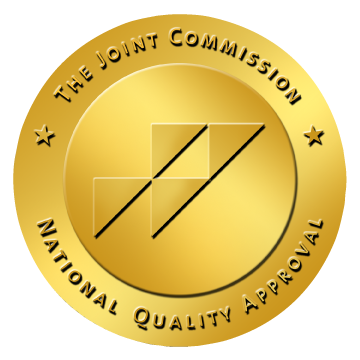In any given year, almost one-third of Americans struggle with major depression, anxiety disorder, or both, according to National Institute of Mental Health Disorders statistics. Anxiety disorders can include generalized anxiety disorder, panic disorder, obsessive-compulsive disorder, and phobias.
While those with a major depressive or severe anxiety disorder may grapple with obvious mental and behavioral symptoms of their mental illness, others may suffer from a less evident form of depression or anxiety. They may be relatively high functioning despite underlying mental health issues.
When a person has symptoms of depression or anxiety, but those symptoms are not so severe as to prevent them from accomplishing day-to-day tasks, they may be “high functioning.”
Although high functioning is not a clinical term, it has become widely accepted by many to describe hidden signs of depression or anxiety that often go unnoticed by others or even by the person with the symptoms.
Although people may appear "normal" as they attend to everyday responsibilities, they may have inner turmoil, unease, sadness, or excessive worry. Sometimes, people describe themselves as high functioning despite internal agitation or disquiet.
Some people push themselves to function normally on the outside despite struggling with anxiety or depression. Sometimes, a person may feel they should just "get over it" and do what they must do. Others may fear the "stigma" of mental illness and work hard to hide their emotional pain.
Symptoms of high-functioning depression are similar to but may be less severe than those experienced by people with a major depressive disorder. High-functioning depression may mask the clinical condition known as persistent depressive disorder (PDD) or dysthymia.
Johns Hopkins Medicine describes dysthymia as “a milder, but long-lasting form of depression… People with this condition may also have bouts of major depression at times.” Those with dysthymia experience a depressed mood for at least two years.
While some people with high-functioning depression have fewer or less severe symptoms than those with clinical depression, that is not always the case. Some individuals with severe depression force themselves to function despite serious symptoms.
Although symptoms vary widely according to the individual, there is a common theme for those with high-functioning depression, often including a lack of joy in their lives, self-criticism, use of coping mechanisms like smoking or eating to divert their attention from troubling emotions, difficulty relaxing, and restless sleep.
Other symptoms of high-functioning depression, with varying degrees of severity, may include:
Anxiety is a mental health condition characterized by feelings of panic, excessive worry, and fear. Some people feel anxious all the time, while others experience symptoms when faced with an upcoming event, like an interview or public speech.
It's normal to feel anxious occasionally. We are genetically programmed to feel nervous or afraid in situations we perceive as uncomfortable or dangerous. The “fight or flight” response triggers the human body to increase its pulse rate and respiration, raises the oxygen supply to support physical action, and converts fuel sources to support bursts of energy. These and other physical responses ready us to fight or flee perceived danger.
Fortunately, most people rarely experience extremely dangerous situations in their daily lives. However, those with an anxiety disorder constantly have an underlying current of fear and worry. While some with anxiety may have difficulty functioning well in their lives, others may hide their anxiety so well that they appear well-adjusted and confident to others.
Many symptoms of high-functioning anxiety are like those of depression and may include:
The National Alliance for Mental Illness (NAMI) states about 60 percent of those with anxiety also struggle with depression. Even if you consider yourself high functioning despite symptoms of anxiety, depression, or both, your life can be so much better. Contact New England Medical Group to learn how we can help.
